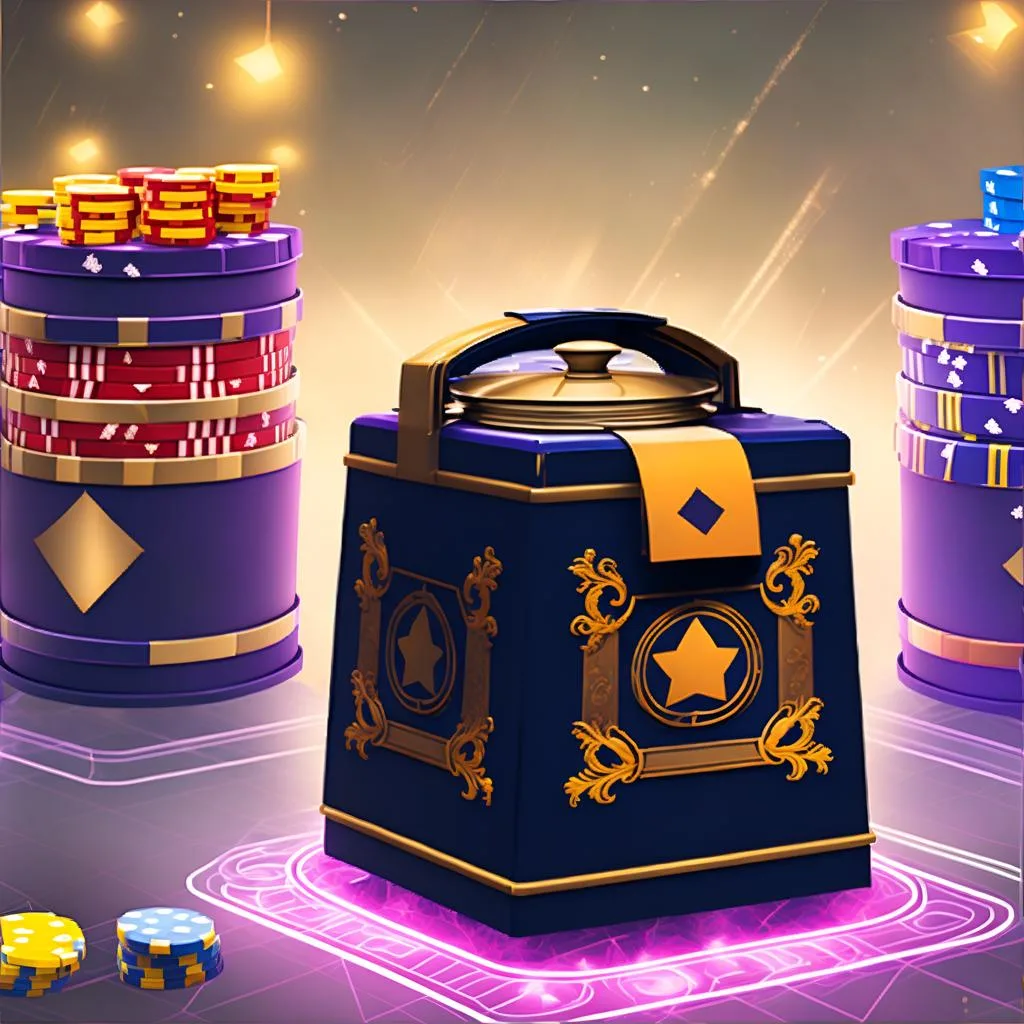
Loot boxes are a popular and controversial aspect of the iGaming industry. These virtual items in video games can be purchased with real-world money or in-game currency, offering a randomized selection of rewards. The legality of loot boxes varies from country to country, with some banning them outright and others scrutinizing their legitimacy.
The concept of loot boxes can be traced back to June 2004 in the Japanese version of MapleStory. Another early example is the Chinese game Zhengtu from 2007. In the Western region, loot boxes made their debut in September 2010 with Team Fortress 2.
Initially, loot boxes were seen as a fun addition to gameplay. However, the mechanics of certain games’ loot box systems have led to critical reviews and concerns regarding their potential connection to gambling. This has resulted in several developers removing loot boxes from their games, including titles like Middle-Earth: Shadows of War, Star Wars Battlefront II, and Forza Motorsport 7.
Changing Attitudes and Regulations
Countries around the world are reevaluating their stance on loot boxes and their potential classification as gambling. In April 2018, Belgium became the first European country to ban loot boxes after examining four games. Later in 2018, the Gambling Regulators European Forum saw 16 jurisdictions sign an agreement to investigate the role of loot boxes in digital gambling.
The UK House of Commons committee has also weighed in, stating that “video game loot boxes should be regulated as gambling and children barred from purchasing them.” The committee recognized the correlation between gambling addiction and the tendency to spend on loot boxes, leading many to argue that they should be regulated as gambling.
Psychological Effects and Concerns
Cognitive psychologists have suggested that loot boxes are designed to exploit psychological mechanisms associated with gambling-like behaviors. The UK parliamentary committee agreed that loot boxes should not be regulated if they are earned exclusively through in-game success, but the potential harm to problem gamblers and children remains a concern.
Academics have pointed out a lack of evidence on the psychological effects of loot boxes on children, partly due to the gaming industry’s reluctance to release data on the subject. While some gamers and game manufacturers argue that loot boxes are not gambling due to their entertaining nature, it ultimately falls to a country’s gambling laws and regulations to determine whether a segment of gameplay is considered gambling or not.
Future of Loot Boxes
It is unlikely that loot boxes will be completely banned, but they may face stricter regulations in the future. If you are playing from a country that has banned loot boxes or frowns upon their usage, it is up to your personal preference and responsibility to decide whether they are worth it.
Problem gambling is a serious issue, and players should always prioritize their safety and well-being. As the debate surrounding loot boxes continues, it is essential for gamers to stay informed about the latest changes in regulations and make responsible choices when it comes to in-game purchases.
In conclusion, loot boxes remain a contentious topic in the iGaming industry. While their legality varies depending on the country, it is important to gamble responsibly and research gambling terms before engaging in any activity. As regulations evolve, players should stay informed and prioritize their safety when participating in games that feature loot boxes.